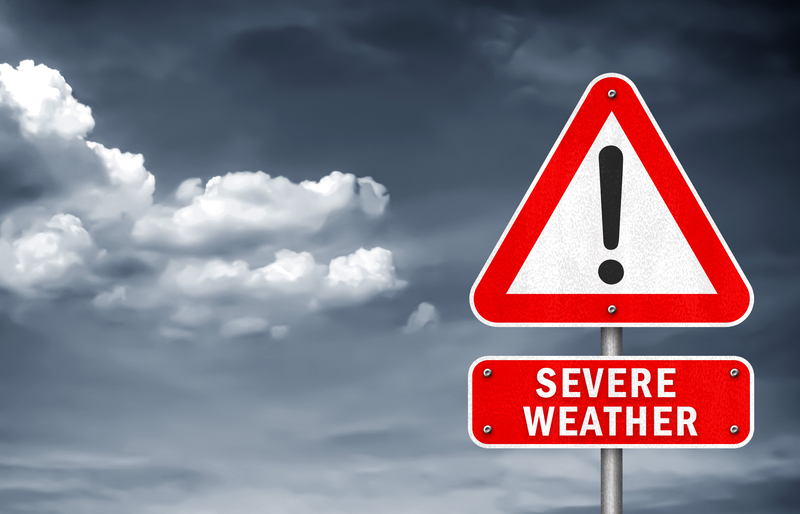
2024 has already proven to be an active year for severe weather. As of May 28, the National Oceanic and Atmospheric Administration (NOAA) has recorded 1,016 tornado reports, including 55 that were possibly EF2 or higher. This is the second highest number of tornadoes recorded to-date in a year behind only 2011. This year’s hurricane season, which runs from June 1 to November 30, is also predicted to be an extraordinary season. NOAA is forecasting a range of 17 to 25 total named storms (winds of 39 mph or higher).
“Severe weather and emergencies can happen at any moment, which is why individuals and communities need to be prepared today,” said FEMA Deputy Administrator Erik A. Hooks. “Already, we are seeing storms move across the country that can bring additional hazards like tornadoes, flooding and hail. Taking a proactive approach to our increasingly challenging climate landscape today can make a difference in how people can recover tomorrow.”
One of the contributing factors blamed for these conditions is near-record warm ocean temperatures in the Atlantic Ocean. April 2024 ranks as the warmest April on record, and it also marked the 11th-consecutive month of record-high global temperatures. There is no doubt about it, the planet is running hotter than it used to be. And it’s making a costly impact on businesses. The United Nations Framework Convention on Climate Change (UNFCCC) reported that a group of the world’s largest companies, worth collectively nearly USD 17 trillion, have valued the cost of climate change risks to their business at almost USD 1 trillion.
The only question that remains is can any one of us do anything about it? Many global organizations seem to think so. The International Organization for Standardization (ISO) recently published an amendment to the ISO 9001 quality management standard that adds climate change considerations. Other EHS&S systems, such as Responsible Distribution, have already added a sustainability section to their standards. Many corporations are requiring their suppliers to make considerations for climate change, including rating their practices using third-party services such as EcoVadis.
If you haven’t already taken a look at your business’s practices in regard to lowering emissions, it’s not too late. Businesses are critical in the fight against climate change as they are the source of most of the world’s emissions, and we can only mitigate the risks if businesses collectively move toward a more sustainable future.
